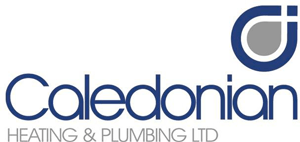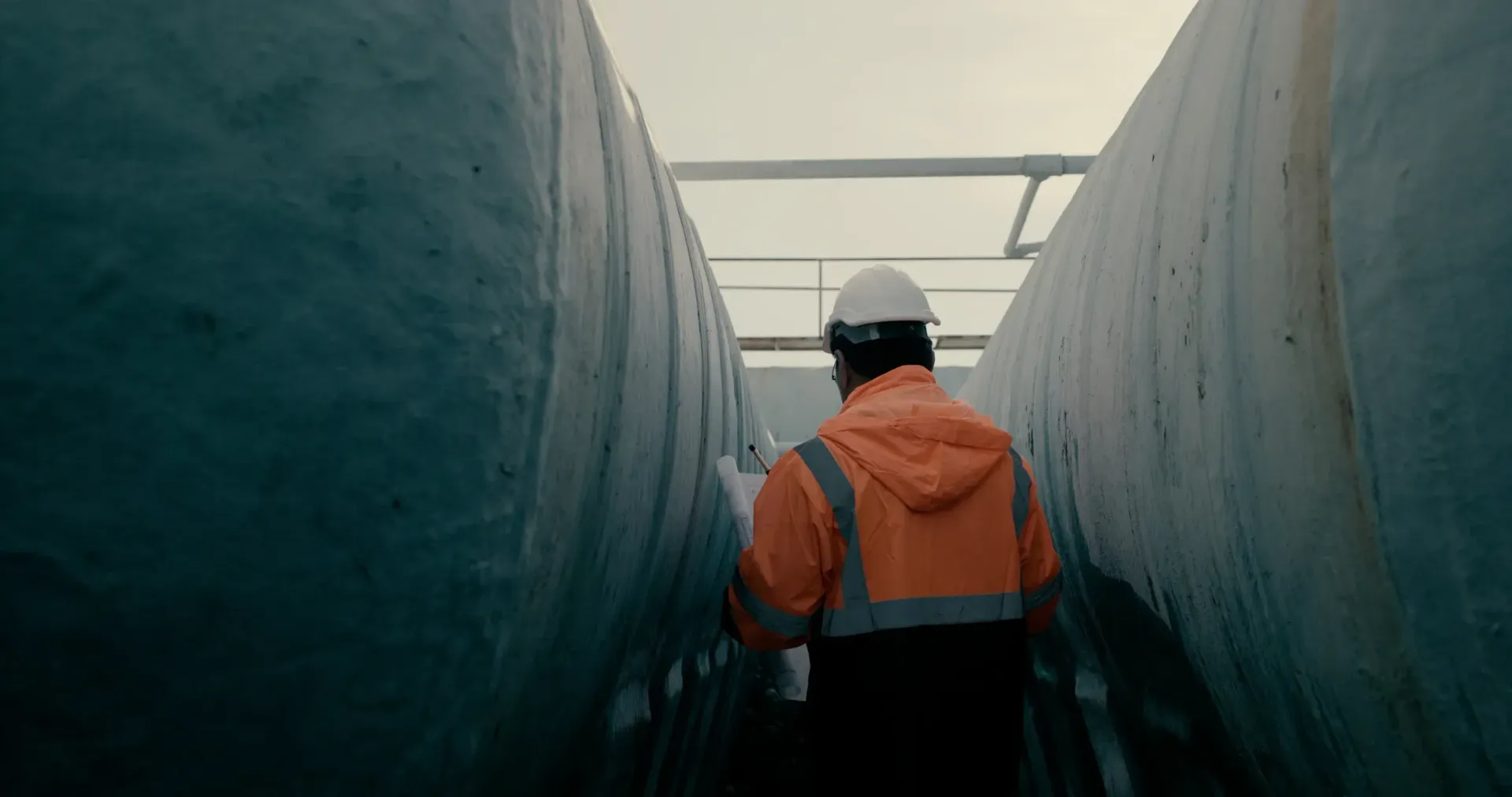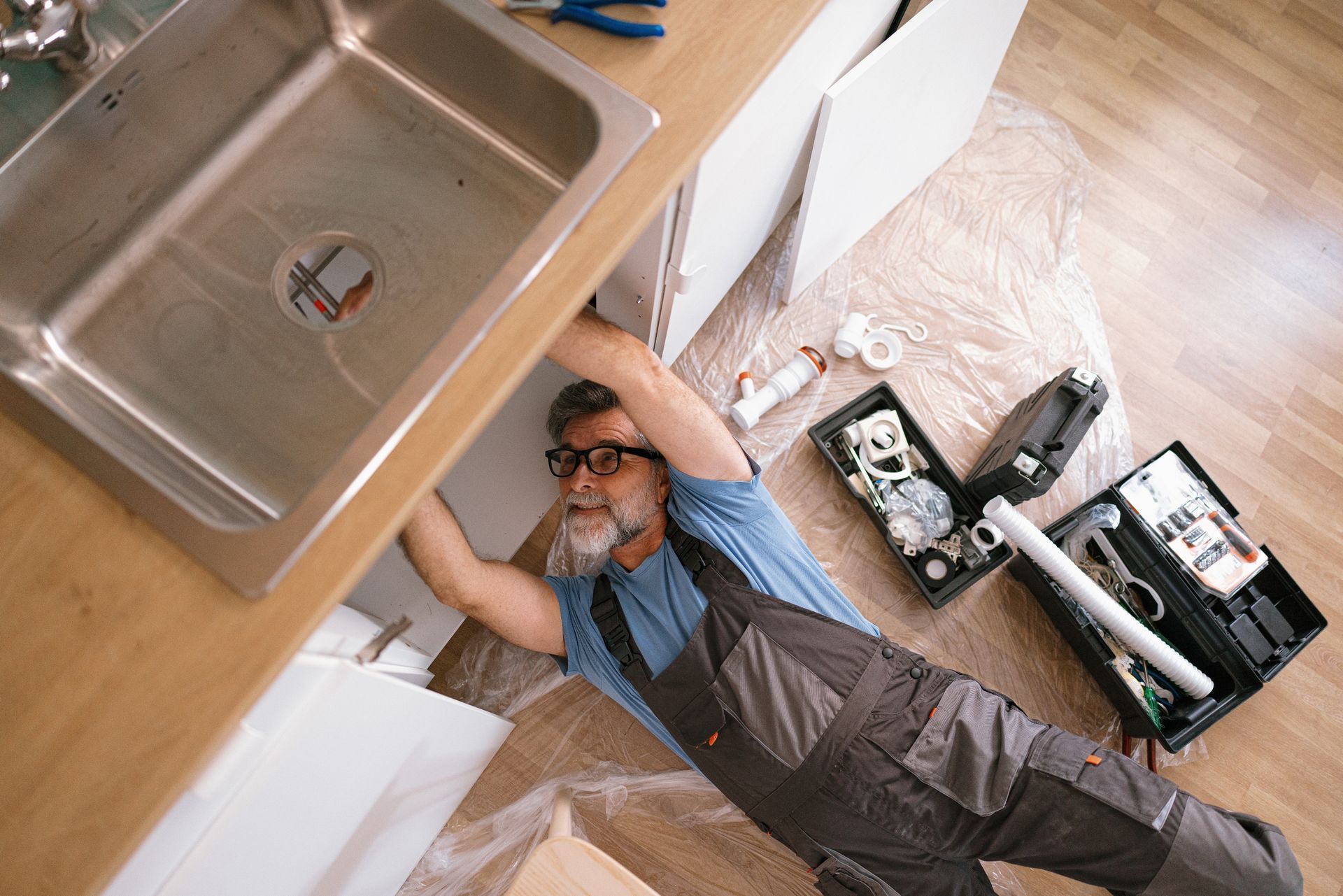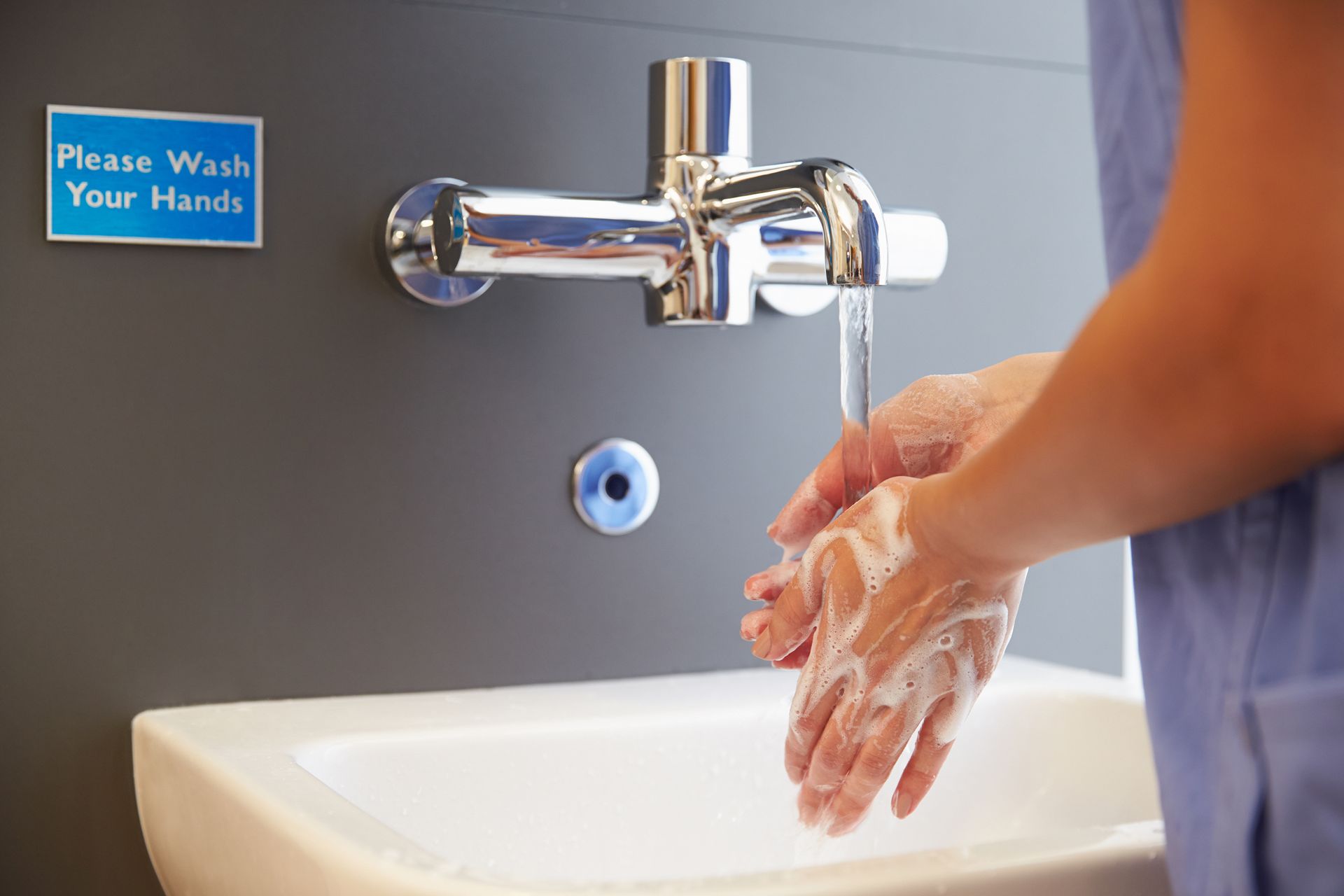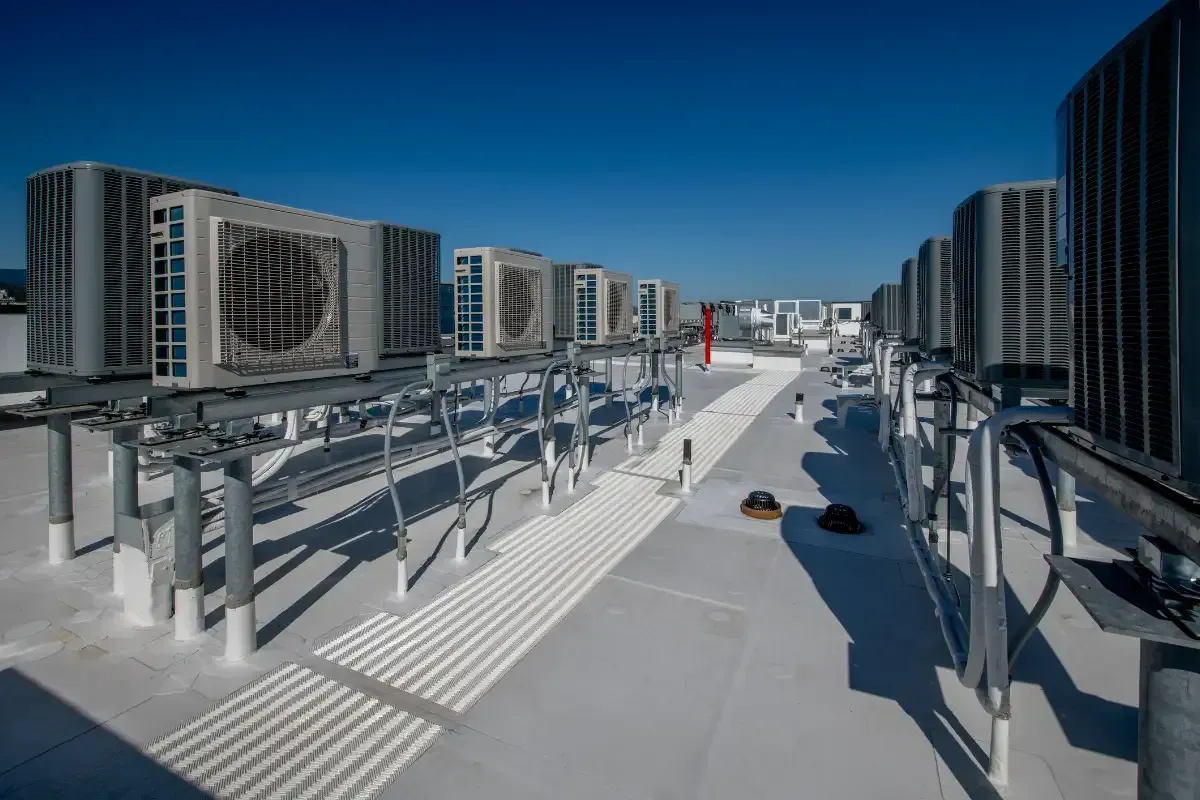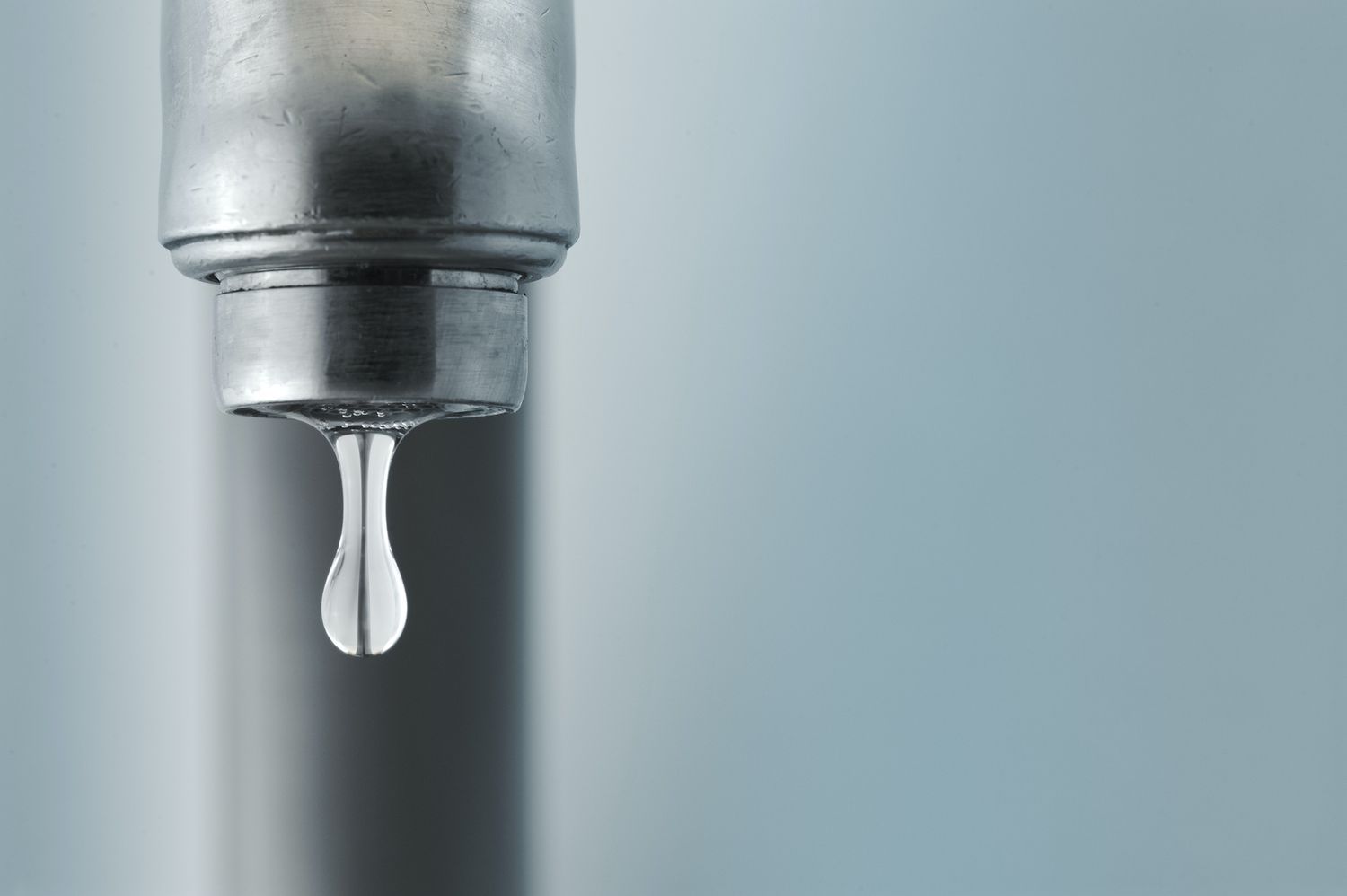How to Spot Legionella in Water: Top Signs to Watch Out For
While Legionnaires' disease is a relatively rare disease these days, outbreaks and one-off cases still happen worldwide. In the UK, the latest figures show that there were 254 confirmed cases of Legionnaires', including an outbreak in West Bromwich. Outbreaks can occur in many different settings, including workplaces, hotels and healthcare facilities.
While Legionnaires’ has the potential to be fatal, the good news is that harmful bacteria can be safely removed from water systems through proper maintenance and routine testing. But how do you know what signs to watch out for in the event of an outbreak? Read on to find out.
Unusual Water Temperatures
Legionella bacteria thrive in temperatures between 20°C to 45°C, making warm water systems an ideal breeding ground. If your water temperatures shift outside of this range, it could indicate a potential Legionella risk. Routinely monitor and record water temperatures to quickly identify any abnormalities and take necessary measures.
Stagnant Water
Stagnant water in plumbing systems can create an environment conducive to Legionella growth. Areas with low water usage, such as unused pipes, dead legs or infrequently used outlets, are particularly vulnerable. Regularly flushing and maintaining water systems to prevent stagnation is a crucial part of minimising the risk of this disease.
Sediment & Limescale
Legionella bacteria can attach to sediment and scale within water systems, providing a breeding ground for the microorganisms. Keep an eye out for discoloured water or the presence of sediment in pipes and tanks. Once again, regular cleaning and maintenance can help prevent the buildup of these substances.
Biofilm
Biofilm, a slimy layer that forms on the surfaces of pipes and tanks, can harbour Legionella bacteria. The presence of biofilm may indicate poor water quality and an increased risk of contamination.
Inconsistent Chlorine Levels
Chlorine is commonly used as a disinfectant in water systems to control bacterial growth, including Legionella. Monitoring and maintaining consistent chlorine levels is important for preventing Legionella spreads. If you observe fluctuations or a decline in your chlorine levels, it may indicate a need for more serious water treatment measures.
Respiratory Symptoms
Legionnaires' disease primarily affects the respiratory system, causing symptoms such as coughing, shortness of breath and, in serious cases, pneumonia. If occupants in your commercial building experience these symptoms, it could be a sign of Legionella contamination. In this case, you should investigate the water systems to identify and eliminate potential sources of Legionella as soon as possible.
Looking for Legionella Testing Services in Scotland?
Caledonian Heating & Plumbing encourages all commercial property owners to prioritise water safety by having routine Legionella testing performed at your premises. Our experienced team can conduct comprehensive evaluations of your water systems, identify potential risks and implement effective preventive measures. We also provide a range of commercial plumbing services to suit your needs;
get in touch with us to find out more.

